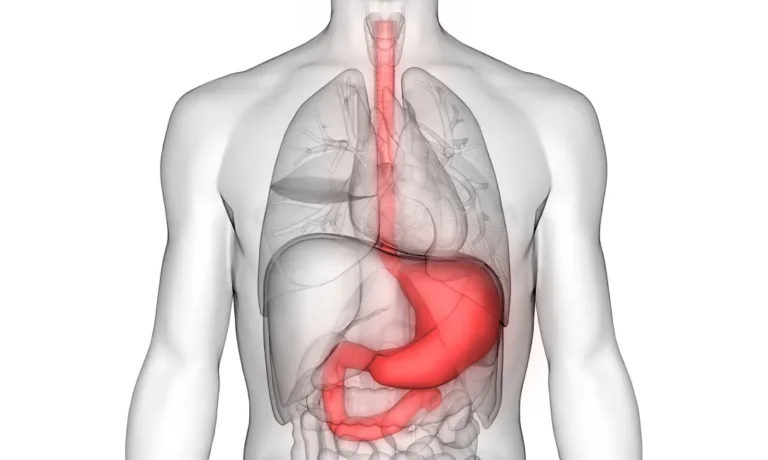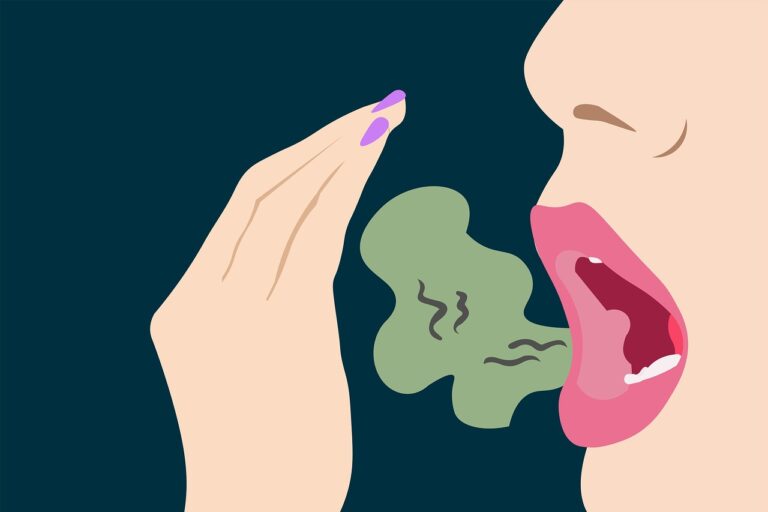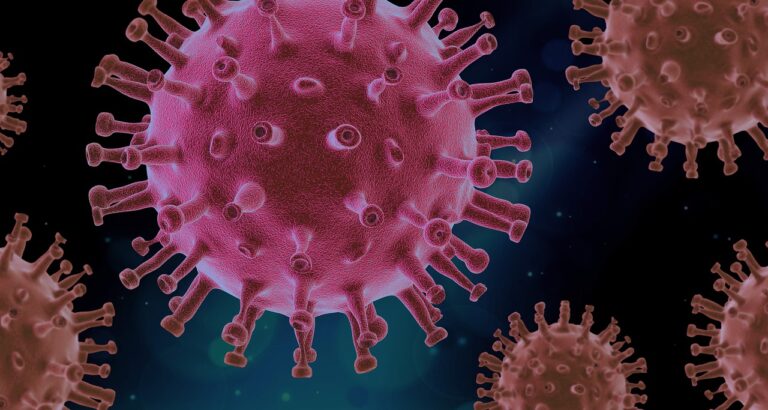The Gut-Brain Connection: How Mental Health Impacts Digestive Health (& vice-versa!)
Your digestive system and your mental health might seem worlds apart, but in fact, they are intricately linked. As a Gastroenterologist in Dubai, Dr. Neil Galletly is often asked about the role of stress and anxiety on abdominal and digestive problems. In his Gastroenterology clinic, he often witnesses first-hand the powerful interplay between the gut and brain health.
In this blog article, Dr Neil explores the complex relationship between mental health and the digestive system, and how nurturing both can lead to a happier, healthier you.
Gut-Brain Axis:
The digestive system is home to many nerve endings, all the way from the esophagus to the rectum, and as a result, it is often referred to as the ‘second brain’. These nerves are in constant communication with the nerves in the brain. This bidirectional communication system between your gastrointestinal tract and your brain is known as the ‘gut-brain axis’. Think of it as a super-highway of information that facilitates constant interaction between gut and brain.
The Brain’s Influence on Digestion:
When your brain experiences stress, anxiety, or other emotional states, it can trigger physical responses in your gut. The brain releases neurotransmitters and hormones that can affect digestion. For instance:
Stress: The “fight or flight” response triggered by stress can slow down digestion, leading to symptoms like bloating, indigestion, and constipation. Conversely, it can also cause overactivity of the nerve endings in the gut causing a rumbling stomach and diarrhea (remember pre-exam stomach butterflies anyone?).
Anxiety: Anxiety can lead to an overproduction of stomach acid, potentially causing gastritis, ulcers, heartburn, or acid reflux.
Depression: People with depression often experience changes in appetite, which can lead to overeating or undereating, both of which can disrupt digestive processes.
The Gut’s Impact on Emotions:
Surprisingly, the gut also has a say in your mental health. As well as having a complex network of neurons, your gastrointestinal tract is also home to trillions of microbes, collectively known as the gut microbiome. The composition of the gut microbiome can influence your mood and emotions through various mechanisms:
Production of Neurotransmitters: Gut bacteria play a role in producing neurotransmitters like serotonin, often called the “feel-good” hormone. Low serotonin levels are associated with depression and anxiety.
Inflammation: An imbalance in gut bacteria can lead to chronic low-grade inflammation, which has been linked to mood disorders.
Communication via the Vagus Nerve: The vagus nerve, a cranial nerve that runs from the brain to the gut, facilitates communication between the two systems. Signals sent from the gut to the brain can influence mood and behavior.
Digestive Disorders and Mental Health:
The interaction between mental health and the digestive system becomes especially apparent in the context of irritable bowel syndrome (IBS), a common digestive disorder that is thought to be mediated by over-sensitive and over- (or under-) active nerve endings in the gut
Symptoms and Stress:
IBS is characterized by abdominal pain, bloating, and changes in bowel habits. Stress and anxiety can exacerbate IBS symptoms, creating a vicious cycle.
Brain-Gut Connection:
Studies suggest that alterations in the gut-brain axis play a significant role in IBS. Managing stress and anxiety is a crucial part of IBS management.
Dietary Triggers:
Certain foods can trigger IBS symptoms, and anxiety or stress can lead to poor dietary choices and worsening digestive discomfort.
Stress, anxiety, and emotional distress can also magnify and heighten the gut symptoms of many other digestive diseases and in some patients can trigger flare-ups of inflammatory bowel diseases such as Crohn’s disease and ulcerative colitis. The chronic and sometimes unpredictable nature of digestive diseases such as IBD can lead to depression and anxiety in patients. It’s essential to address these mental health concerns alongside medical treatment.
Nurturing a Healthy Mind and Healthy Gut:
Understanding the connection between mental health and the digestive system is the first step in promoting overall well-being. Here are some practical steps you can take to foster a healthy gut and healthy mind:
1. Practice Stress Management:
Engage in relaxation techniques such as deep breathing, meditation, or yoga. Regular exercise can reduce stress and improve mood by releasing endorphins, the body’s natural mood lifters.
2. Eat Mindfully:
Consume a balanced diet rich in fiber, fruits, vegetables, and whole grains to support a diverse gut microbiota. Limit processed foods and sugar, which can negatively impact gut health and brain.
3. Stay Hydrated:
Drinking plenty of water helps maintain optimal digestion and supports overall health.
4. Prioritize Sleep:
Aim for 7-9 hours of quality sleep per night. Poor sleep can disrupt gut health and worsen mood.
5. Seek Professional Help:
If you’re experiencing digestive issues or mental health concerns, don’t hesitate to seek help from healthcare professionals. Therapy, counseling, and medications can be beneficial.
6. Probiotics and Prebiotics:
Consider incorporating probiotic-rich foods like yogurt and kefir into your diet. These can support a healthy gut microbiota. Prebiotics, found in foods like garlic, onions, and asparagus, feed beneficial gut bacteria.
Conclusion:
The intricate relationship between mental health and the digestive system underscores the importance of treating the body as a holistic entity. Your mind and gut are not isolated systems but are part of a complex web of interconnected processes. By nurturing both your mental well-being and digestive health, you can pave the way for a happier, healthier life.
Remember, it’s perfectly normal to experience fluctuations in both mental and digestive health at various points in your life. Seeking help and practicing self-care can make a significant difference in how you feel physically and emotionally. Embrace the mind-gut connection and embark on a journey toward a balanced, harmonious life. With the right care and attention, you can achieve optimal health and well-being for both your mind and your gut.







